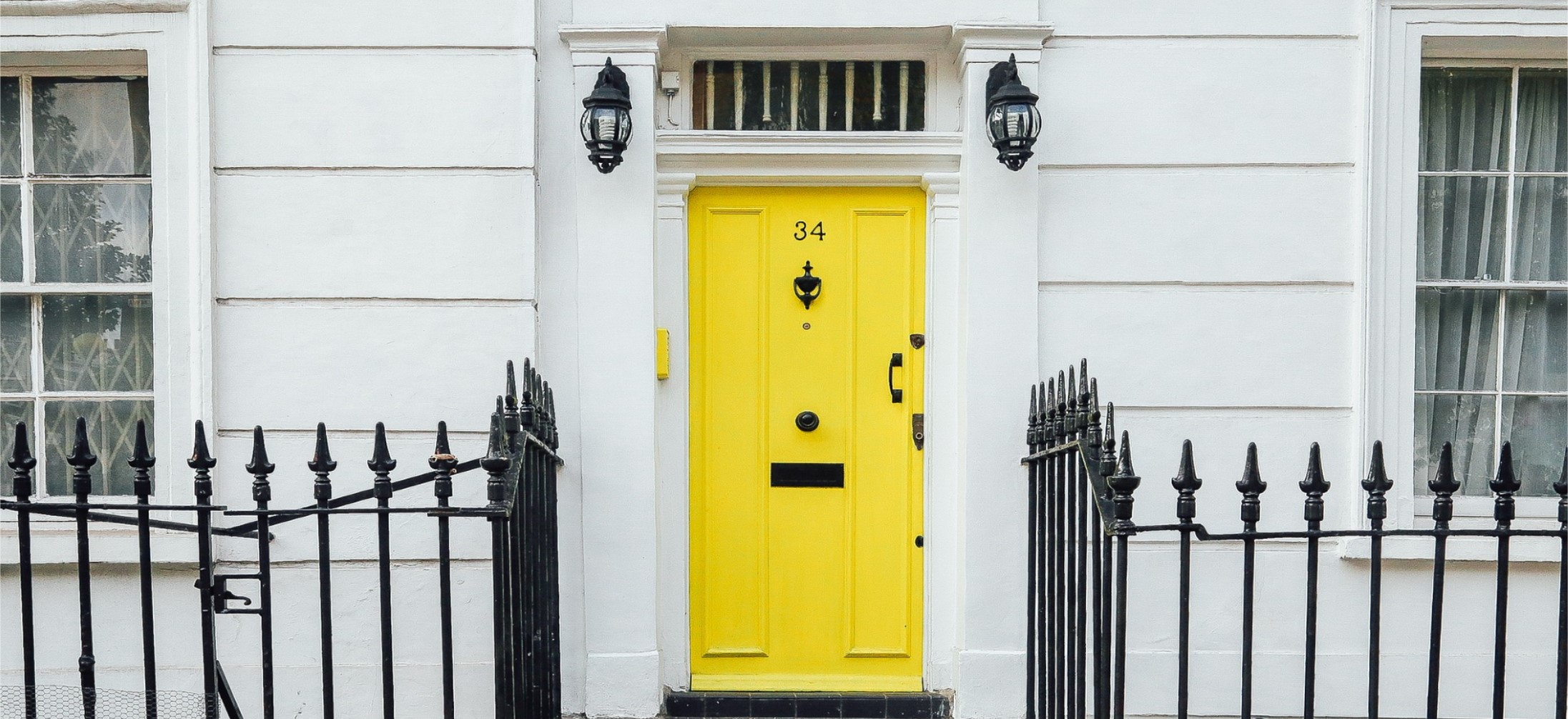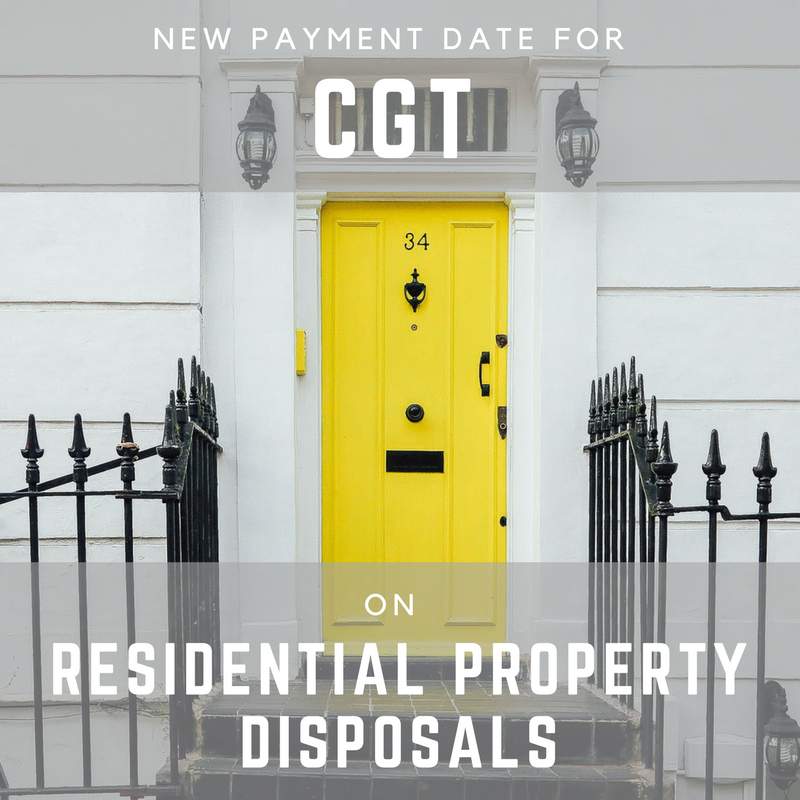
As announced in the Autumn statement the government are now taking consultations on the payments of Capital Gains Tax for residential property disposals due to be enforced from April 2020. As stated in the announcement, a payment on account of CGT will be made when a residential property is disposed of, such as by giving it away, or sold. This will remain similar to the current system which applies when non-residents dispose of UK residential property. The changes will mainly affect those disposing of a second home or rental property.
Payment will need to be made within 30 days of the completion of the disposal. Where the gains are not chargeable to CGT, such as where gains are fully covered by private residence relief, the changes will not apply.
Payment on account at time of disposal
In calculating the gain:
- Chargeable gains that have been realised on the disposal of other (non-residential property) assets are ignored.
- Unused losses (either in relation to the disposal of residential property or other assets) are taken into account in the normal way, and
- Available reliefs and the annual exempt amount are applied in the normal way.
Anticipated gains and losses on future disposals are not taken into account. The resulting gain is then taxed at 18%/28% as appropriate.
Within 30 days of the disposal being completed a payment is to be made to HMRC where an amount of Capital Gains Tax is calculated as being payable on account. The ‘completion date’ is not the day that the contracts are exchanged but rather the day when the property is transferred or conveyed.
A special payment on account return confirming the disposal and the amount payable will also need to be sent to HMRC at the same time.
End of year Reconciliation
To reflect the residential property disposal, the self-assessment return will need to be completed, including the CGT pages, where a person is within self-assessment for the tax year of the disposal for reasons unconnected with the residential property disposal. For example, because of taxable income received.
Amounts paid on account will be credited against the tax due for the year (that is, the total income tax and Capital Gains Tax due).
The resulting balance becomes either payable to HMRC or repayable along with interest from HMRC, as the case may be.
Where a person’s only interaction with HMRC is in relation to the payment on account, the government is considering how to avoid that person requiring registering for self-assessment.
If you would like further details on this, then you can read the full consultation document from HMRC here. Comments for the consultation will close on 6th June 2018.
Please contact us via phone or email if you would like to discuss any of the information above.




